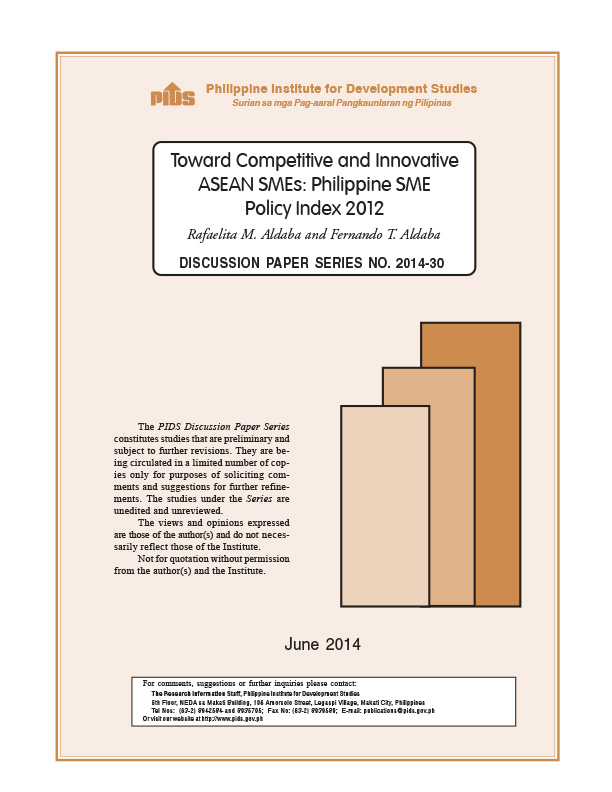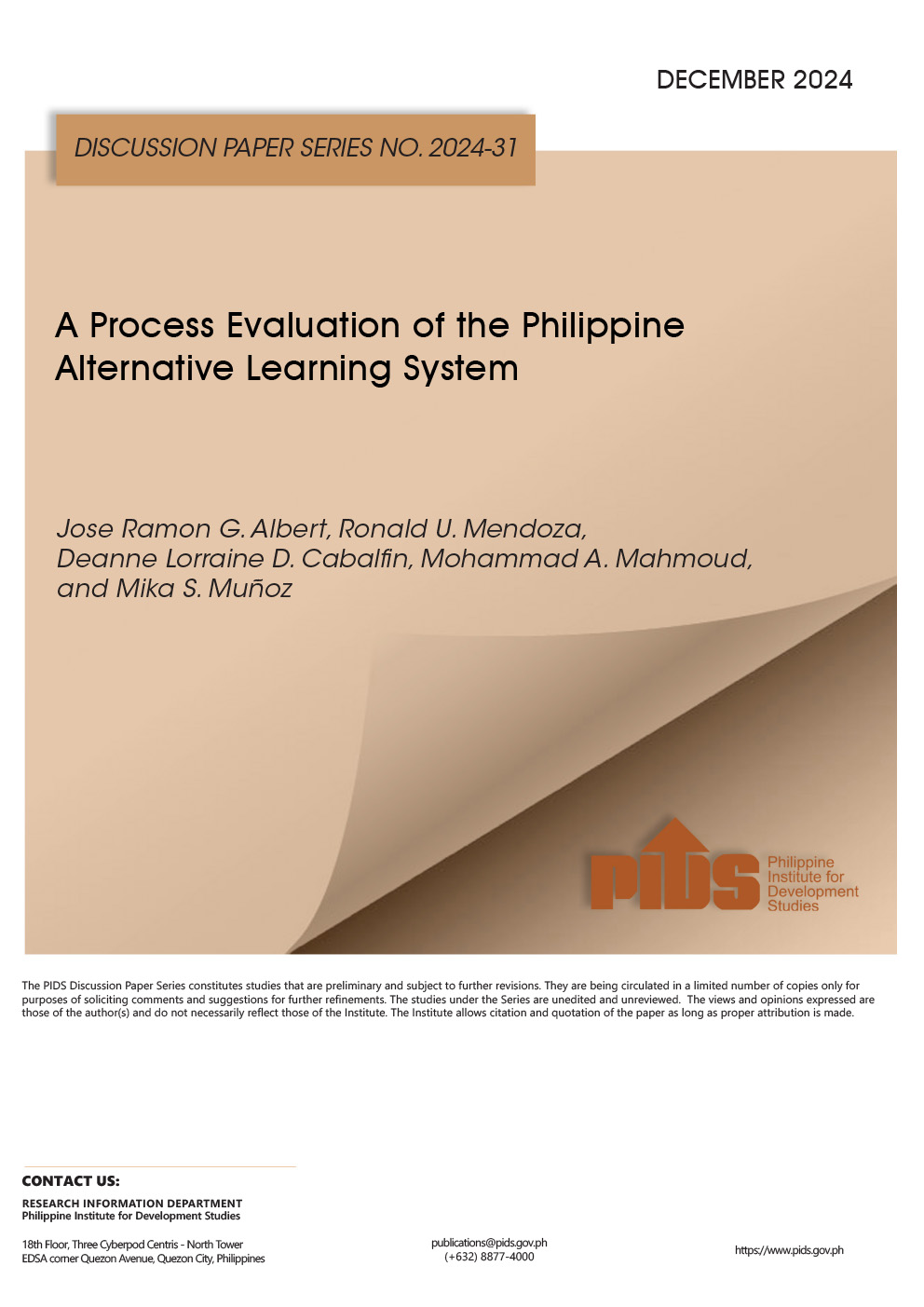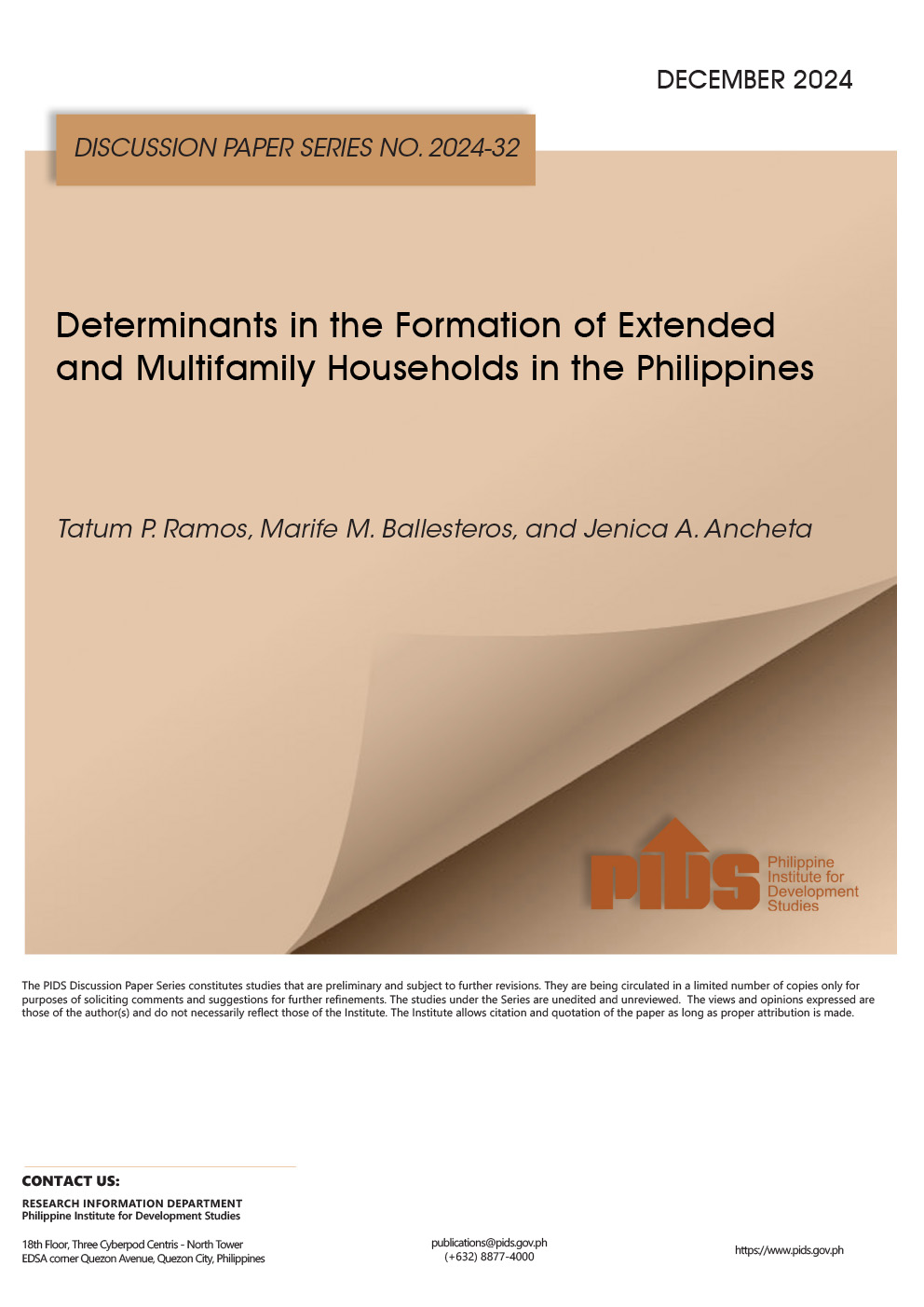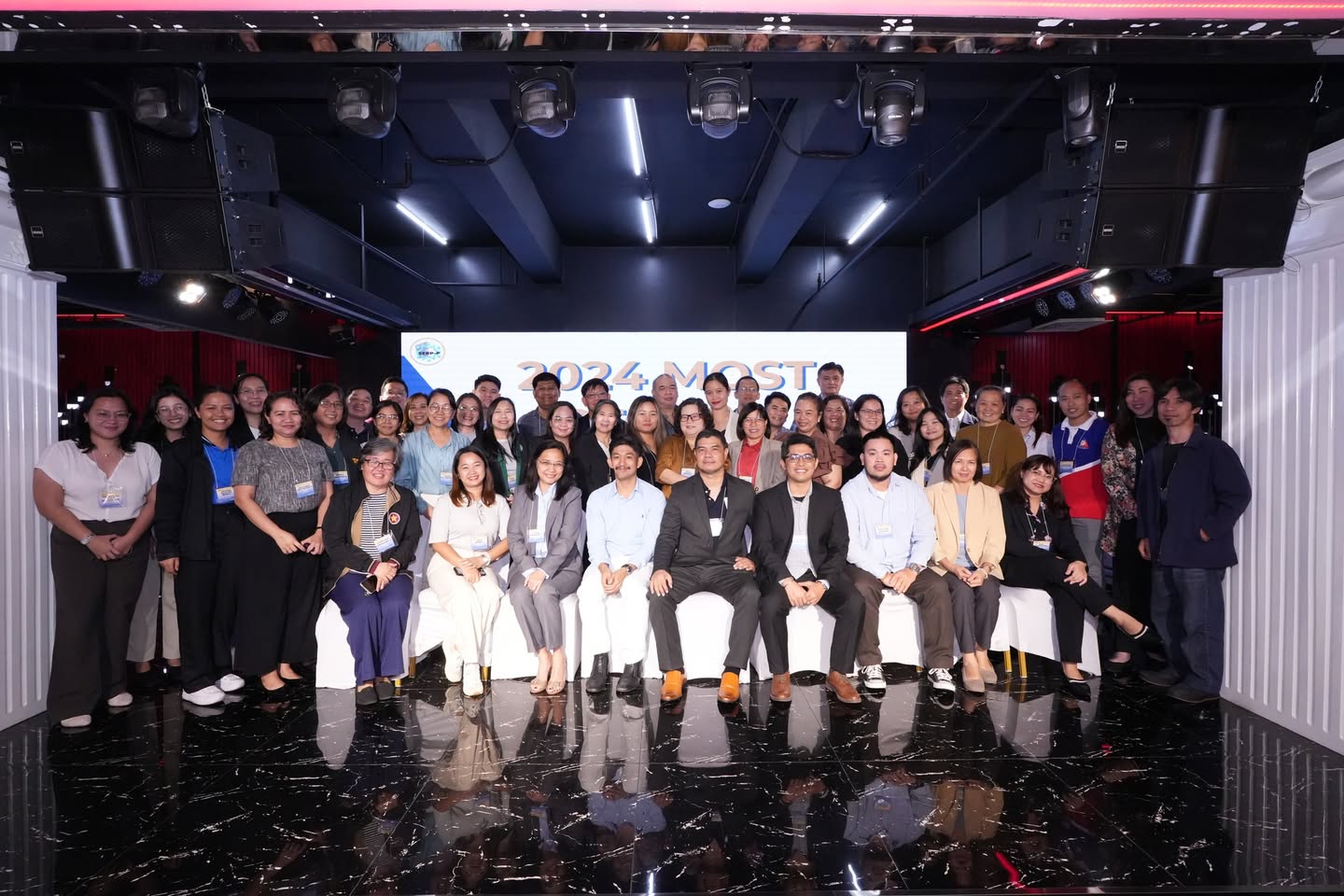The ASEAN SME Policy Index is an analytical tool to review, track, and identify gaps in small and medium enterprise (SME) policy development and implementation. The index covers the following eight policy areas: institutional framework; cheaper and faster start-up and better legislation and regulation for SMEs; access to information and supporting services; access to finance; technology and technology transfer; market access and getting more output of the single market; promotion of entrepreneurial education; and developing stronger, more effective representation for SMEs` interests.
Applying the above framework, the paper assesses whether the policies, programs, and institutions in the Philippines are supportive of the development of SMEs in the region. On the average, the overall score for the country is quite modest and to move forward, it is important to simplify and streamline the overall registration process. Existing government programs must be evaluated in terms of scope and delivery with a view to improve and broaden support services for start-ups to include business incubators as well as vouchers, grants and loans on favorable terms especially for the most dynamic enterprises. There is also a need to institutionalize the framework for conducting regulatory impact assessment in the country.
Citations
This publication has been cited 2 times
- Lanzona, Leonardo. 2015. Mainstreaming SMEs through social enterprises. Working Papers id:7061. eSocialSciences.
- Michael, Bryane. 2017. The effect of competition law on Brunei’s small and medium enterprises. EconStor Preprints 169114. ZBW - Leibniz Information Centre for Economics. .













